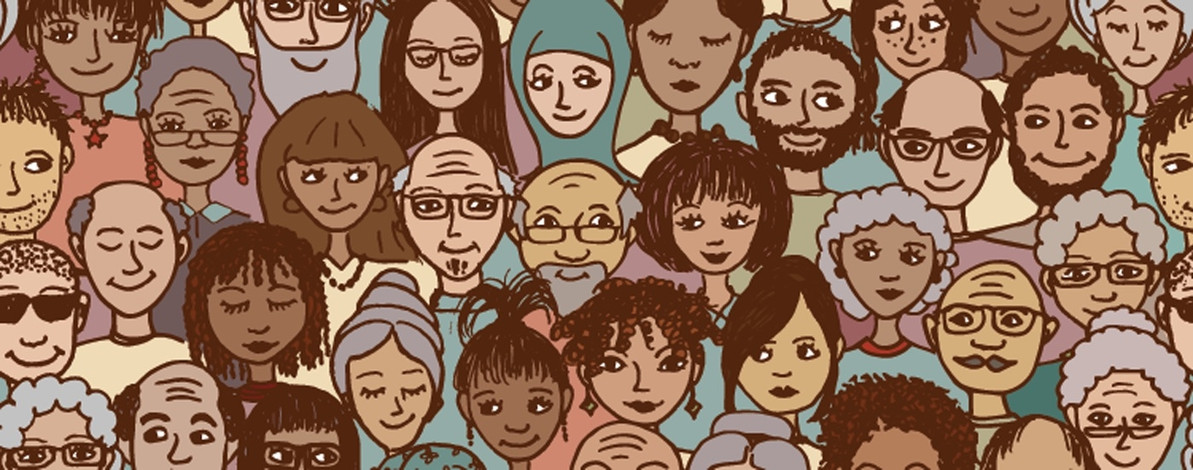Hearing Loss: Assistive listening devices for your everyday life
ADA Assistive Listening:
The Americans with Disabilities Act from 1990 requires all local, county, state, and federal government agencies as well as privately run companies with 15 or more employees to provide reasonable accommodations to people with disabilities as long this doesn’t create “undue hardship” or a “direct threat” to the employer. Among those accommodations are the provision of the necessary equipment for assistive listening to the hearing impaired. Libraries, recreational venues or parks, theaters, museums, concert halls, arts and performing arts centers, stadiums, colleges and universities, lecture halls, galleries, parks, zoos, other places of exhibition or entertainment, and assembly areas should have at the disposal of the disabled people assistive listening devices to provide equal footing in the auditive area with the rest of the participants and/or audience. An ADA plaque is also mandatory in the premises, informing that such equipment is readily available and can be provided free of charge by only requesting it.
All About Personal FM Systems and Hearing Loss:
The assistive listening devices most commonly used are Frequency Modulation systems, also called FM systems. FM systems, such as this one can provide assistance for the hearing impaired and hard of hearing. They accomplish this via the use of an FM transmitter and portable FM receivers. The audience member in need of auditive assistance is given a small, lightweight receiver that can fit in any pocket, along with a pair of wired headphones. Usually they only need to turn it on and it will automatically connect to the FM transmitter that’s located somewhere in the premises. The transmitter is constantly broadcasting the event’s audio in a dedicated FM frequency to which the transmitter will already be tuned into. After that it’s only a matter of adjusting the volume until it’s set to the comfortable level for the listeners. These receivers offer several hours of autonomy, since they are battery operated. In some events where there’s more than one audio source, for example multiple languages for a film, the receivers have different channels that can be switched to with a press of a button.
FM Receivers for Classrooms
The main benefit of using an FM system in class rooms where some of the students need hearing assistance is the direct link between the transmitter and the students. The headphones will still receive the clear audio even when the speaker or teacher is out of sight or with their backs turned to the class. Additionally, they block other sounds which maybe distracting allowing them to concentrate. This is important to point out because under normal circumstances the teacher’s voice is competing with background noise and this could cause a problem in concentration to even non hard of hearing students, but by bypassing any interference and going straight to the students’ ears via the headphones this problem is easily removed.
Assistive Listening for Elders
The elderly hearing-impaired can use a personal FM system in a variety of situations. One-to-one communication at home, in senior citizen centers, in hotels, or while visiting doctors, lawyers, or religious figures can be made possible and even fluid. The FM signal can travel through walls, allowing easy communication among different rooms. The microphone/transmitter of the FM system can be used by a tour-guide to provide information about the placed being visited. Conversations within a car can be facilitated by placing microphone over the back of the front seat to pick up the voices of passengers in the back.
Recent Posts
-
Breaking Down Simultaneous Interpretation: How it Works and Why it's Important
Simultaneous interpretation, also known as real-time interpretation, is a vital aspect of multilingu …10th Apr 2023 -
Ultimate Guide to Tour Guide Systems: Everything You Need to Know
If you're planning a tour or a trip, having a reliable and efficient tour guide system can make all …10th Apr 2023 -
What is a PA System and which to choose?
Weddings, business conferences, cafes, clubs, bars and any type of venue. Whether you are a singe …2nd Dec 2022








